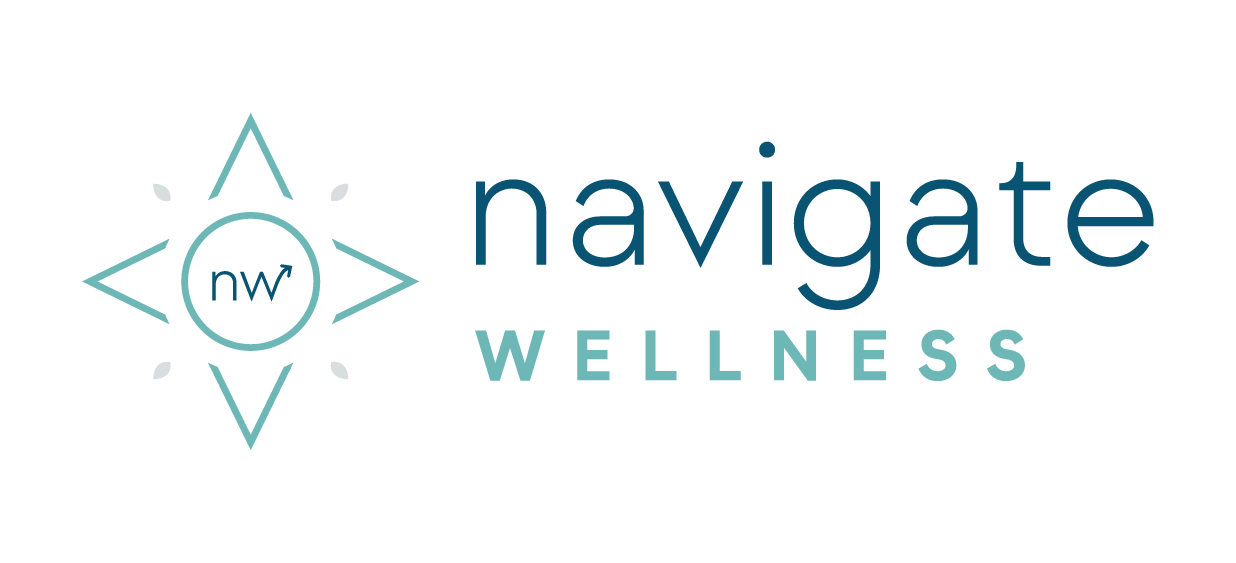A Few Things You Can Do to Make a Hospital Stay Easier for you and your loved one
A visit to the hospital is rarely planned and almost never ideal. The patient is typically not in a good place, and navigating the healthcare system can be confusing and overwhelming for everyone involved. With so many different providers, from nurses and radiologists to doctors and specialists, and teams constantly switching out, it can be hard to keep track of your loved one’s care.
While hospital visits — and their confusion — are inevitable, there are a few things you can do to help make a hospital stay a little easier. Here’s how you can help care for your loved one at the hospital:
1. Be an accurate historian.
Go into the hospital knowing the last time your loved one went to the doctor. Have a list of the medication they are prescribed — and what they actually take. This will give the hospital valuable insight into how to best care for your family member, from what medications to avoid to what solution will work with their wants, not just their needs.
2. Ask lots of questions.
Don’t be afraid to ask “why?” or “why not?” multiple times in every conversation. Understanding each decision and the nuance behind it will help you implement care moving forward. Take note of what the doctors say to help you when your family member leaves the hospital — and ensure you are the most accurate historian possible.
3. Choose the next environment that’s best for your loved one.
After a hospital visit, there is always a next step. We typically see patients transfer to a different part of the hospital, go home, or spend time in rehab. But to best advocate for your loved one, you need to ensure the suggested next move is the best next move. So ask! If there is hesitation, you can look at other options.
We know how difficult it is to navigate the hospital system, and we know how important your loved one’s care is to you and your family. To help you make the best decisions moving forward, we conduct an eight-point assessment, which covers your loved one’s:
- Physical health
- Environmental and social support
- Legal and financial support.
- Available local resources
- Crisis intervention plan
Looking for more?
There’s no doubt this process can be overwhelming. We’re here to help! Get started by booking a free clarity call.




